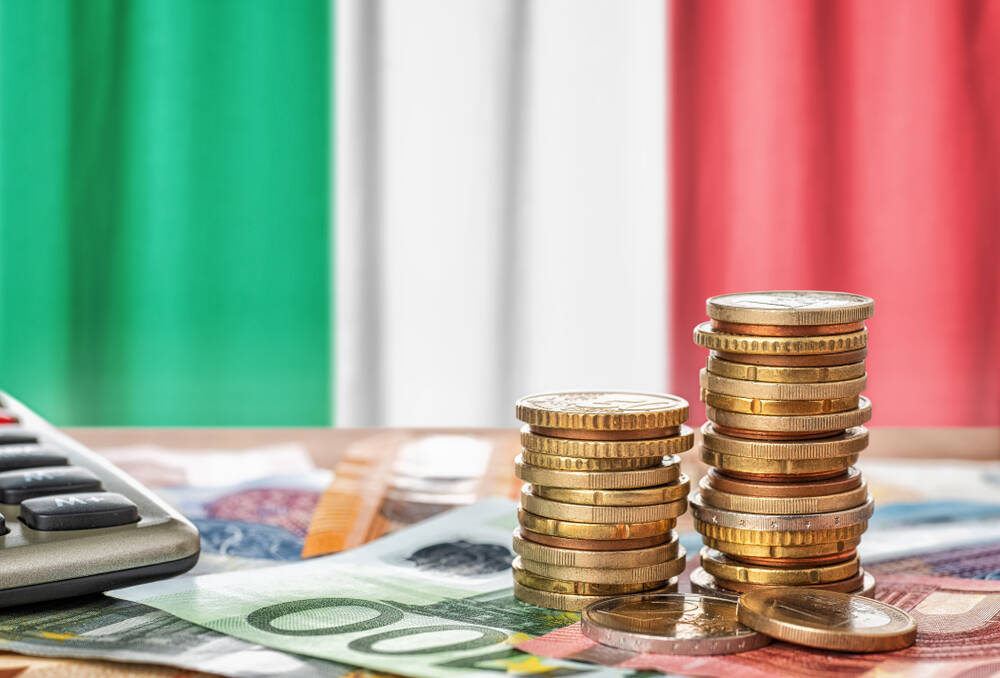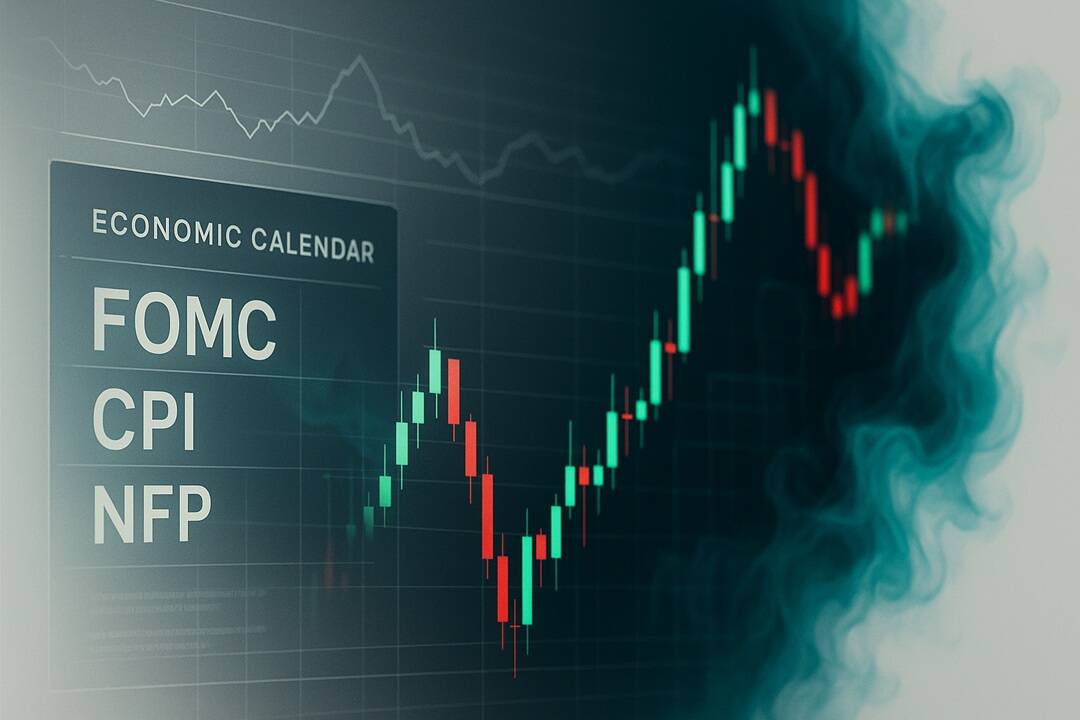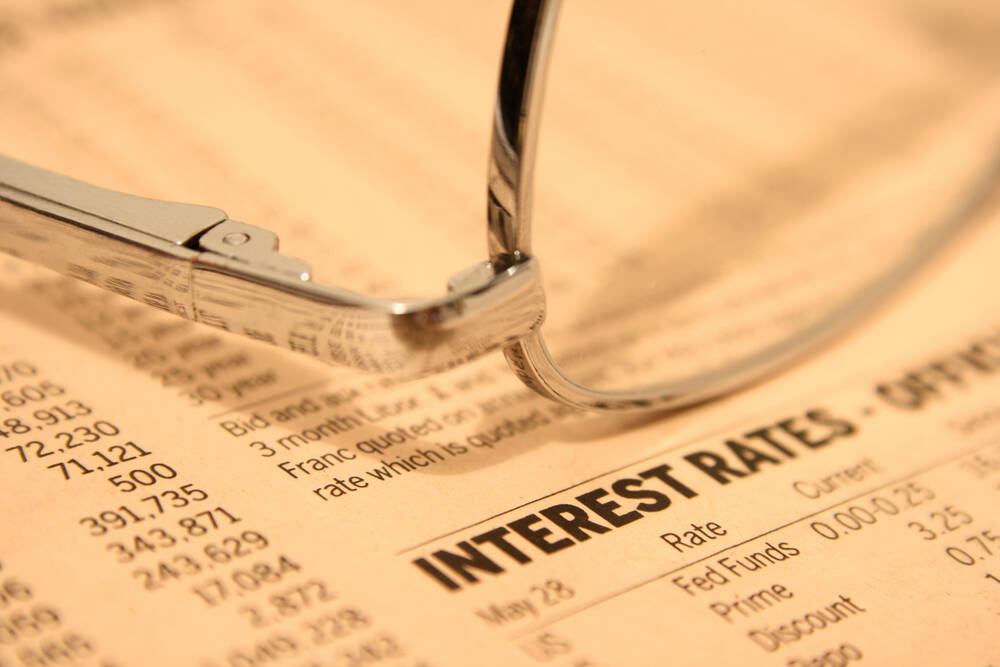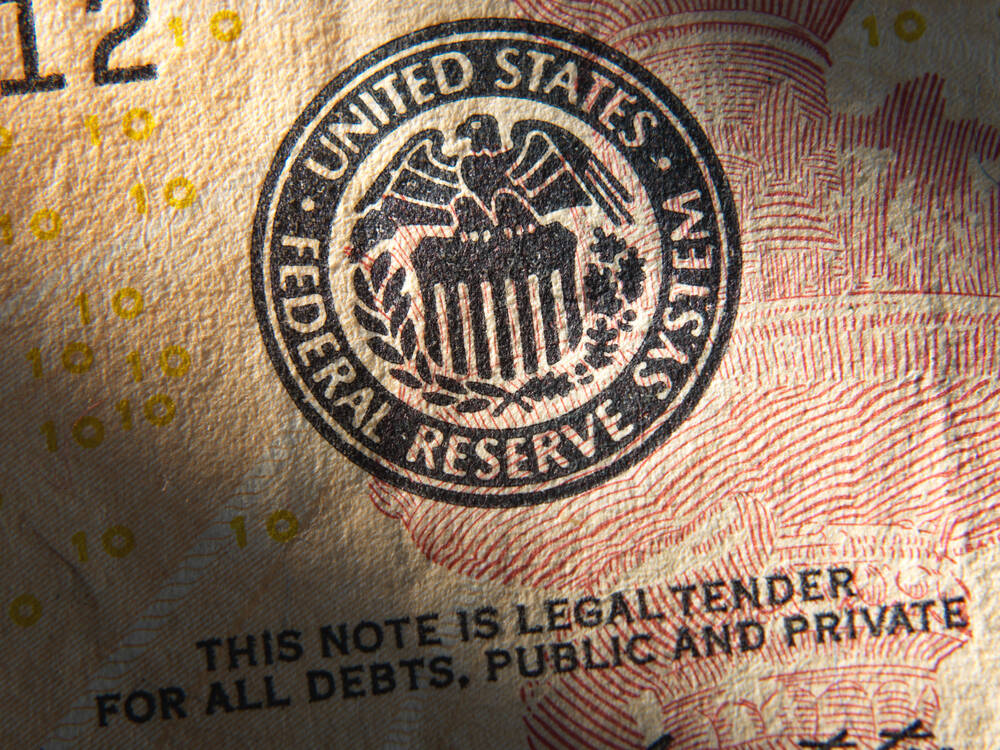Advertisement
Advertisement
Search Indicator:
Choose Country 
Greece Inflation Rate
Last Release
Dec 31, 2025
Actual
2.6
Units In
%
Previous
2.4
Frequency
Monthly
Next Release
Feb 12, 2026
Time to Release
28 Days 9 Hours
Highest | Lowest | Average | Date Range | Source |
33.7 Jan 1974 | -2.9 Nov 2013 | 7.75 % | 1960-2025 | National Statistical Service of Greece |
In Greece, the most important categories in the consumer price index are: food and non-alcoholic beverages (17 percent of total weight); transport (13 percent); housing (12 percent) and hotels, cafés and restaurants (11 percent). The index also includes: clothing and footwear (9 percent); health (7 percent); furnishing and household equipment (7 percent); recreation and culture (5 percent); communication (5 percent). Education, alcoholic beverages, tobacco and other goods and services account for the remaining 14 percent of total weight.
Latest Updates
The annual inflation rate in Greece rose to 2.6% in December 2025 from 2.4% in the previous month. This marked the highest rate since August, mainly driven by a faster price increase for food and non-alcoholic beverages, accelerating to a twenty-month high of 3.6% from 2.7% in November. Additionally, inflation increased further clothing and footwear (1.8% vs 1.3%), transport (1.7% vs 0.7%), and recreation and culture (1% vs 0.7%), while it remained steady for household equipment (at 0.5%), education (at 2.8%), and miscellaneous goods and services (at 0.6%). On the other hand, price growth softened for housing (2.8% vs 3.7%), health (0.4% vs 0.6%), and communication (0.3% vs 0.5%). On a monthly basis, consumer prices grew by 0.3% in December, following a 0.1% gain in the preceding period.
Greece Inflation Rate History
Last 12 readings







